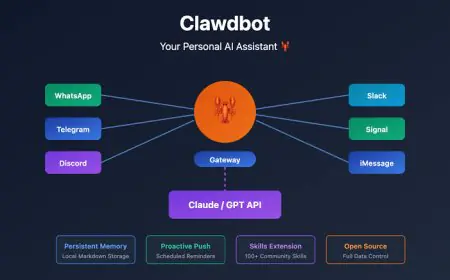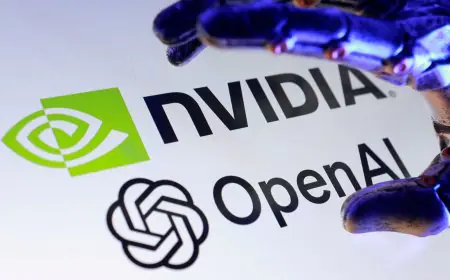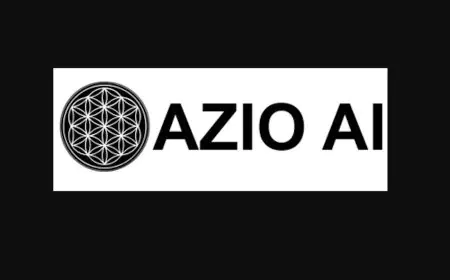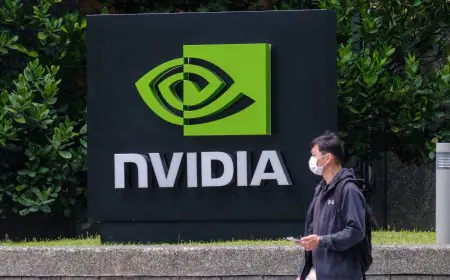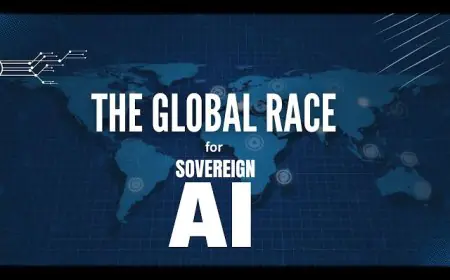Google's Major Shift: Dropping AI Weapons and Surveillance Pledge Raises Ethical Concerns
Google has revised its AI ethics policy, removing its commitment to avoid using AI for weapons and surveillance. This significant shift has sparked ethical debates about the implications of AI in military contexts.

Google has made a controversial decision to revise its artificial intelligence (AI) ethics policy, effectively dropping its previous commitment to refrain from using AI in weaponry and surveillance. This change has significant implications for the tech giant's role in the evolving landscape of military technology and raises ethical questions about the use of AI in potentially harmful applications.
In an updated version of its "AI Principles," released on February 5, 2025, Google removed a clause that explicitly prohibited the development of AI systems for purposes deemed likely to cause harm, including military applications. The original principles were established in 2018 following employee protests against the company's involvement in Project Maven—a U.S. Department of Defense initiative aimed at using AI to enhance drone strike capabilities. At that time, Google pledged not to engage in projects that would cause injury or violate internationally recognized standards of human rights.
The revised policy now emphasizes a commitment to advancing AI "responsibly" and aligning with "widely accepted principles of international law and human rights." However, it notably lacks specific prohibitions against military or surveillance uses of AI technology. In a blog post accompanying the policy update, Demis Hassabis, head of Google DeepMind, and James Manyika, senior vice president for research labs, argued that collaboration between businesses and democratic governments is essential for developing AI that supports national security and fosters global progress.
Critics have raised concerns about this shift, emphasizing the potential risks associated with deploying AI in warfare and surveillance contexts. The removal of the pledge may signal a broader trend within Silicon Valley towards prioritizing competitive advantages in AI development over ethical considerations. As global competition intensifies—especially between the U.S. and China—there is increasing pressure on tech companies to align their capabilities with national security interests.
This change comes at a time when discussions surrounding the governance of AI technologies are more critical than ever. Experts argue that the implications of using AI in military applications could lead to unforeseen consequences and exacerbate existing ethical dilemmas surrounding autonomy and accountability in warfare.
As Google navigates this complex landscape, the tech community and society at large will be watching closely to see how these updated principles influence the company's future projects and partnerships. The decision reflects a pivotal moment not only for Google but also for the broader discourse on the intersection of technology, ethics, and national security.





